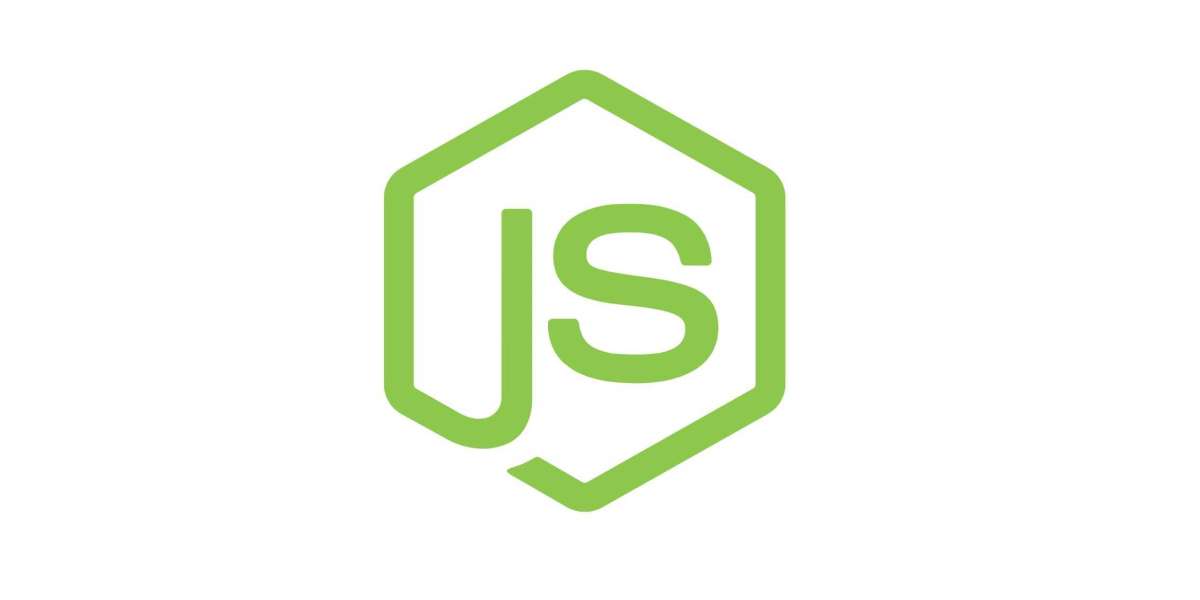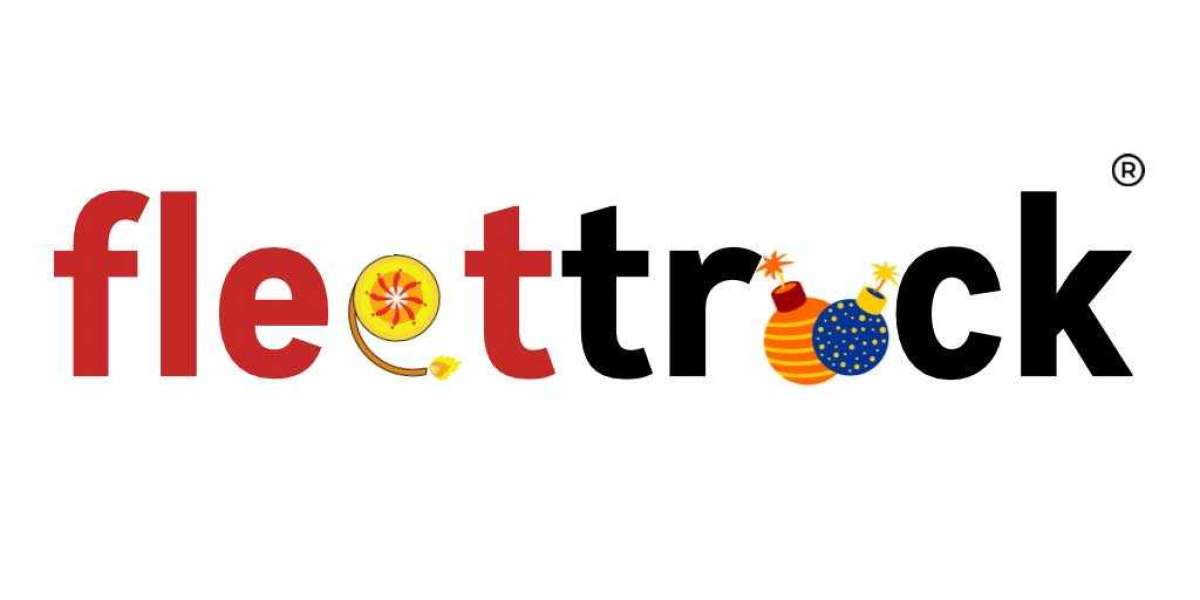In the rapidly evolving landscape of web application development, choosing the right technology stack is crucial. One technology that has consistently stood out is Node.js. Since its release in 2009, Node.js has gained immense popularity among developers for its efficiency, scalability, and robust ecosystem.
Let's delve into the key benefits of using Node.js in web application development.
1. High Performance
Node.js is built on Chrome's V8 JavaScript engine, known for its high performance. The V8 engine compiles JavaScript directly into machine code, enabling faster execution. This makes Node.js applications particularly efficient, especially for real-time applications like chat applications, online gaming, and collaborative tools.
2. Scalability
Scalability is a critical factor for modern web applications that aim to grow and handle increased traffic. Node.js offers an event-driven, non-blocking I/O model, which makes it lightweight and efficient for handling multiple concurrent connections. Additionally, Node.js applications can be scaled both vertically and horizontally, providing flexibility in managing increased load.
3. Single Programming Language
Node.js allows developers to use JavaScript for both client-side and server-side scripting. This unification streamlines the development process, as developers can use the same language throughout the entire application stack. This not only simplifies development but also facilitates code reuse, reducing development time and effort.
4. Active Community and Rich Ecosystem
Node.js boasts a vibrant community and a rich ecosystem of libraries and modules available through npm (Node Package Manager). With over a million packages, npm provides a plethora of ready-made solutions that can accelerate development and reduce the need to reinvent the wheel. The active community also ensures continuous improvement and support for the technology.
5. Real-time Applications
Node.js excels in building real-time applications due to its asynchronous nature and event-driven architecture. Applications that require real-time updates, such as instant messaging, live streaming, and collaborative editing tools, benefit significantly from Node.js. The WebSocket protocol and libraries like Socket.io make it easy to implement real-time communication features.
6. Microservices Architecture
Node.js is well-suited for building microservices architectures, which are increasingly popular for their scalability and maintainability. Node.js enables developers to break down complex applications into smaller, manageable services that can be developed, deployed, and scaled independently. This modular approach enhances application performance and facilitates easier updates and maintenance.
7. Efficient Handling of Concurrent Requests
Node.js's non-blocking I/O model allows it to handle a large number of concurrent requests efficiently. This is particularly beneficial for I/O-intensive applications that perform numerous database operations or API calls. By utilizing a single-threaded event loop, Node.js can manage multiple connections without incurring the overhead of thread creation and context switching.
8. Ease of Learning and Adoption
For developers already familiar with JavaScript, learning Node.js is relatively straightforward. This ease of learning, combined with the widespread use of JavaScript, lowers the barrier to entry for new developers. Organizations can also benefit from this by leveraging existing talent and reducing the time and cost associated with training.
9. Cross-Platform Development
Node.js supports cross-platform development, allowing developers to create applications that run seamlessly on various operating systems, including Windows, macOS, and Linux. Tools like Electron can be used to build cross-platform desktop applications using Node.js, further expanding its versatility.
10. Robust Testing and Debugging Tools
The Node.js ecosystem includes a range of robust testing and debugging tools that enhance the development process. Frameworks like Mocha, Chai, and Jest provide comprehensive testing solutions, while built-in debuggers and IDE integrations facilitate efficient debugging.
Conclusion
Node.js offers a powerful and flexible platform for web application development, with numerous benefits ranging from high performance and scalability to a rich ecosystem and ease of learning. Its ability to handle real-time communication, support microservices architecture, and efficiently manage concurrent requests makes it an ideal choice for modern web applications.
Whether you're building a small startup project or a large-scale enterprise application, Node.js provides the tools and capabilities needed to succeed in today's competitive development landscape. To fully leverage these benefits, it is wise to hire dedicated Node.js developers who possess the expertise and experience to maximize the potential of your web applications. By bringing in skilled professionals, you can ensure your project is built with the highest standards of efficiency and innovation.








